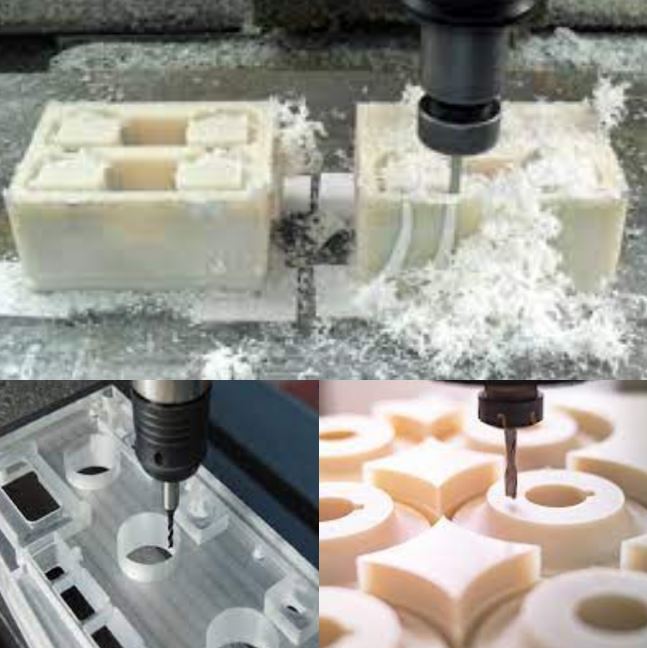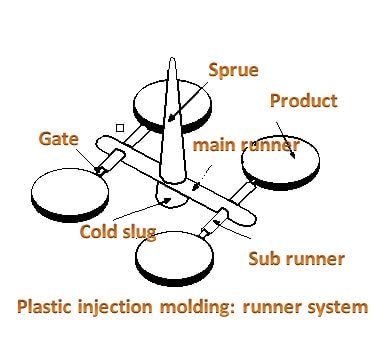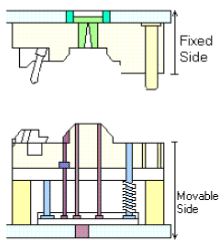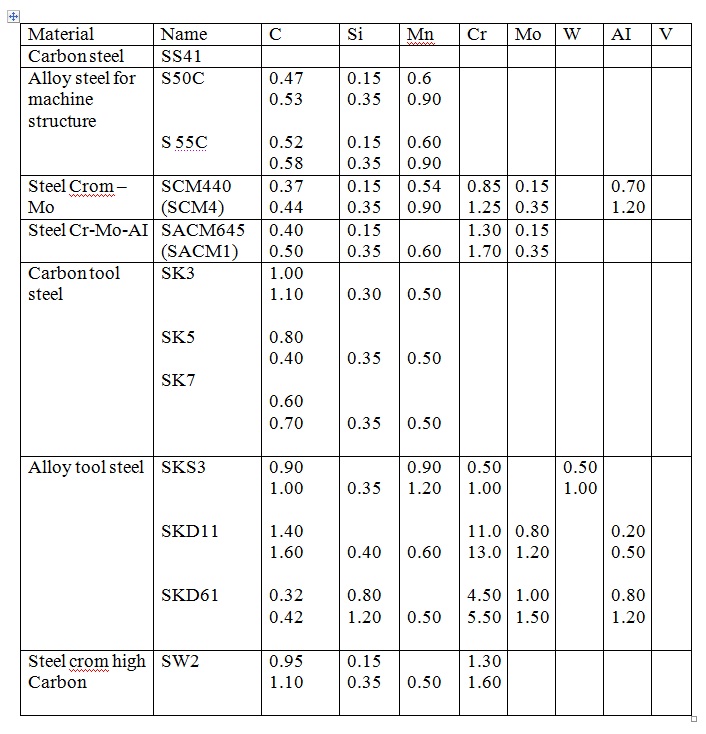Initially, everyone thinks that plastic milling is simple. However, when you start working on it, you realize that there are countless types of plastic materials, each with different physical properties, making the job not as easy as initially thought. Most plastics have many advantages, such as easy manufacturing, lightweight, good durability, and easy control of machining errors. These advantages have made plastic the “perfect choice” for applications requiring wear-resistant structures and gears. Currently, injection molding is still the most common way to shape plastic – this is still controversial – but in some cases, milling plastic parts is more cost-effective or simply the only way to meet the machining requirements of those parts.

Milling is used to manufacture sample or produce small quantities of plastic parts to save the cost of making molds. When we want to change production technology requirements, we will change only the CNC program , without having to redo the mold. Milling also easily meets strict dimensional tolerances and shapes that cannot be achieved by molds. Therefore, with just one milling process, a part can be completed, while making a mold requires additional machining processes.
Plastic milling _ Basic points.
While milling is the best way to manufacture a specific part, machining these plastic parts presents some challenges. The biggest challenge is how to control and dissipate heat generated during machining, because the melting temperature of plastic is lower than metal. For example, Delrin plastic has a melting temperature of only about 177 degrees Celsius, while the melting temperature of Aluminum is 1093 degrees Celsius. Plastic also dissipates heat much slower than metal. And when heated, plastic expands 10 times more than alloys (according to Quadrant Engineering Plastic Products, Reading, Pa).
The diversity of plastic composition makes them have very different machining properties, making it very difficult to generalize. For example, Dupont Engineering Polymers Wilmington, Del’s Hytrel thermoplastic has over 50 types. You can choose “soft” types with a bending modulus below 240 MPa or “hard” types with a higher bending modulus. Without clear transition points, machining conditions will gradually change with each type (according to Dupont).
You can read more




Leave a Reply